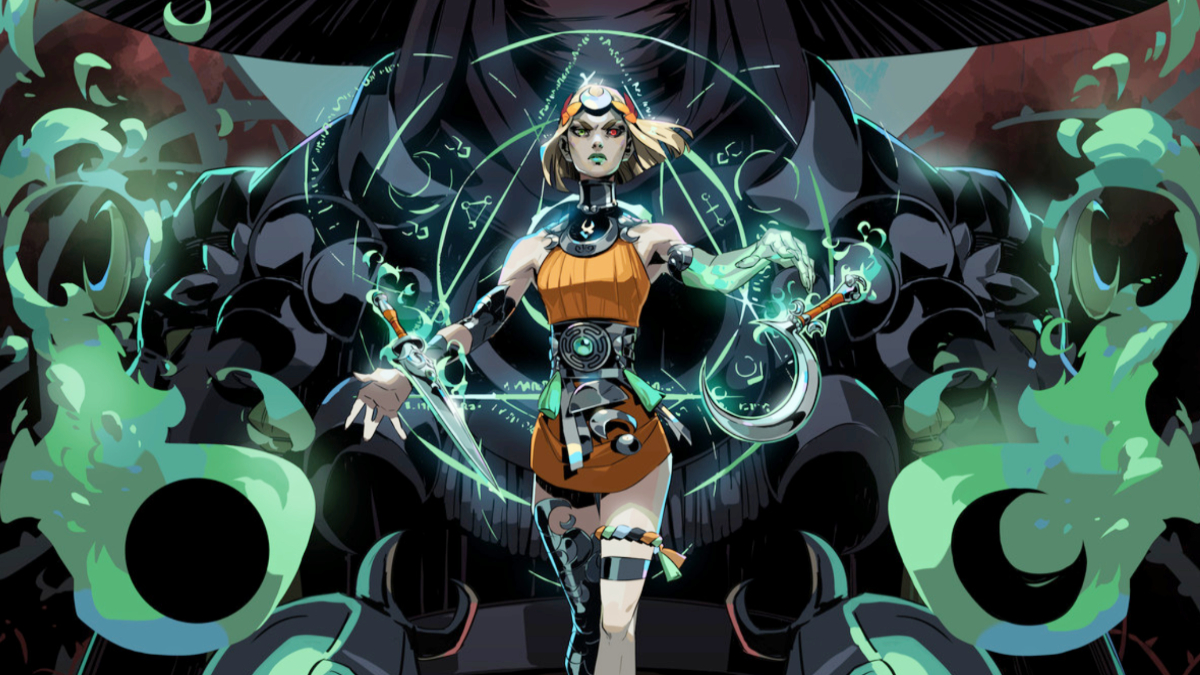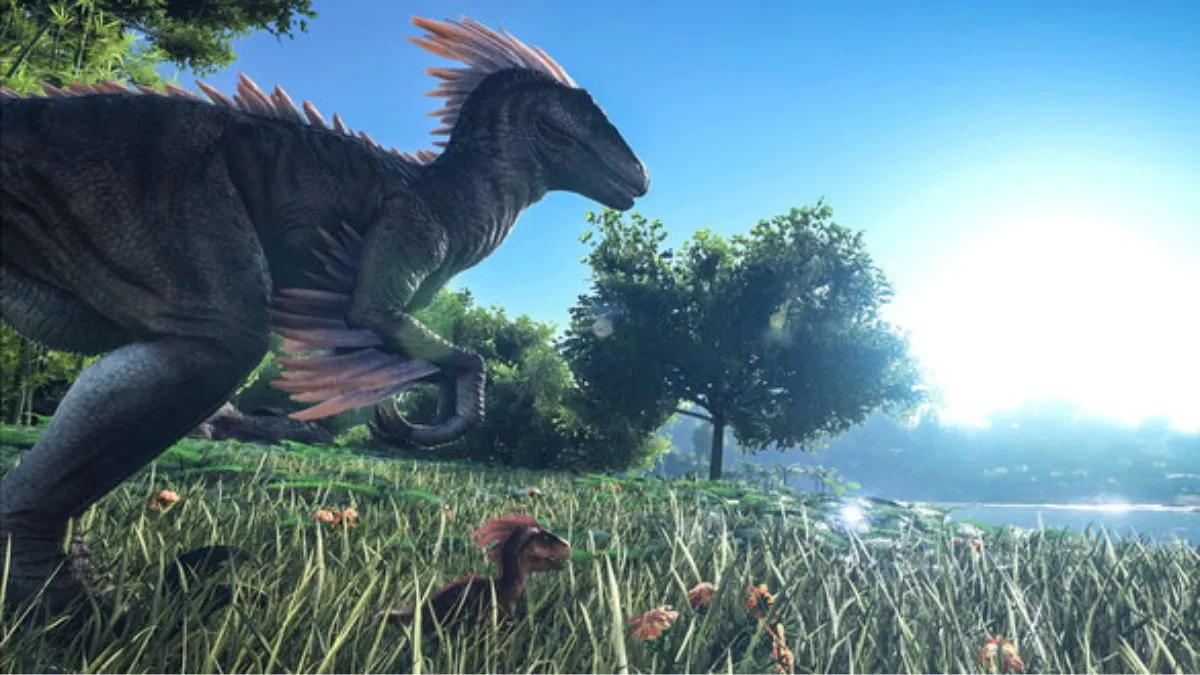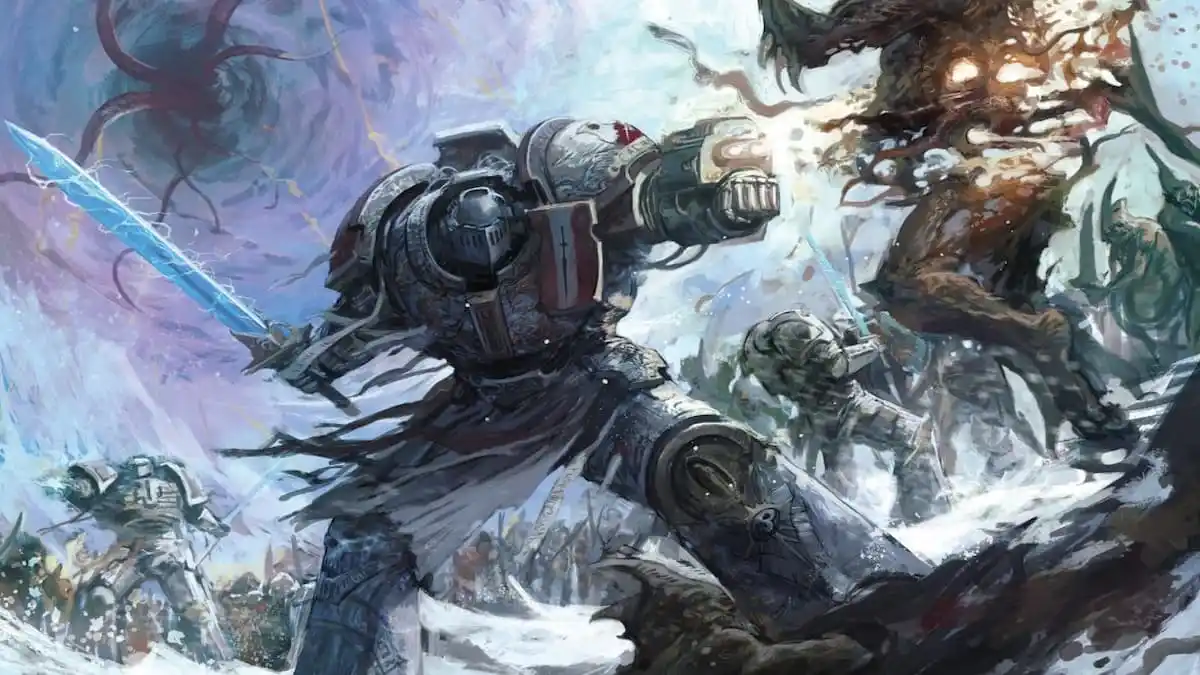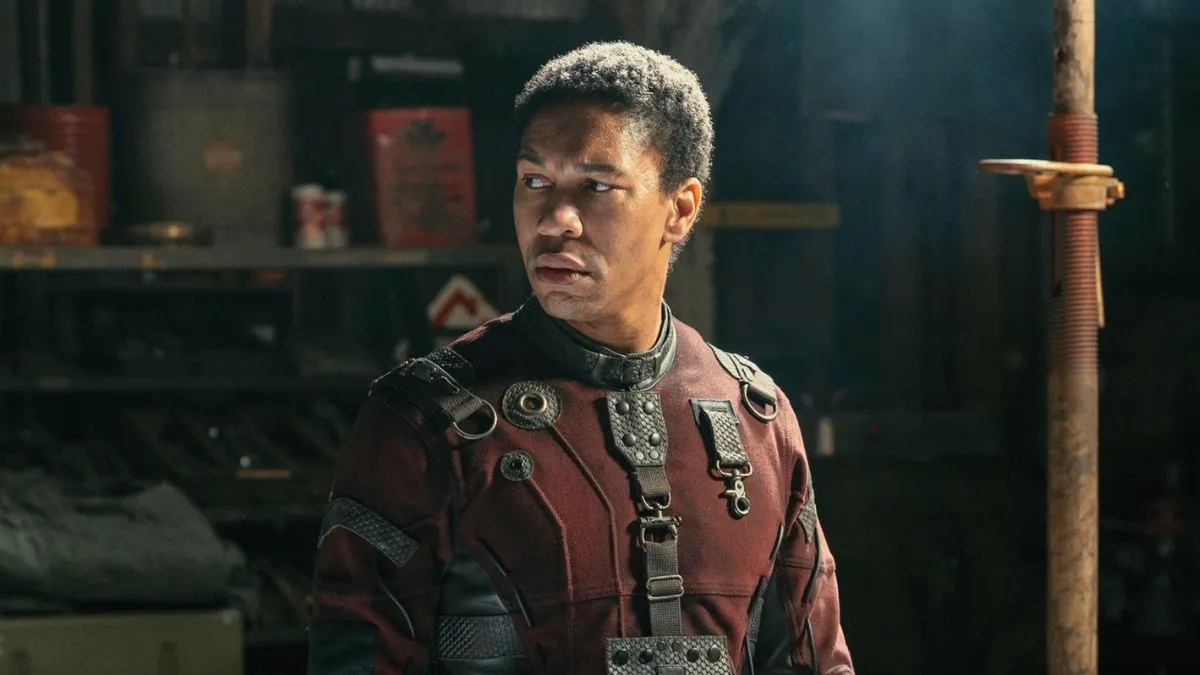
For those in North America, there’s been quite a wait and plenty of uncertainty that Professor Layton vs. Phoenix Wright: Ace Attorney, a crossover title between two of the most popular portable adventure game series in recent years, would make the jump overseas. The game was originally announced in 2010 and released in Japan in late 2012, and it wasn’t until last year that Nintendo finally confirmed plans to localize it.
Considering the extended wait we’ve experienced for this game, as well as the fact that more recent entries in both series (Namely Professor Layton and the Azran Legacy and Phoenix Wright: Ace Attorney – Dual Destinies) came out over here first, as excited as I was to try this game, I was worried that it would feel outdated or inferior to those follow-ups.
Thankfully, I don’t feel that this turned out to be the case at all. Professor Layton vs. Phoenix Wright is an extremely well-done merging of both series’ mechanics and trademarks, with an engaging story and solid gameplay overall. While I’d definitely say that those who will get the most out of the game will be people familiar with both series, the way its plot and supporting cast are presented result in an accessible game for those who aren’t already experienced in the professor’s puzzle solving or Wright’s case cracking.
One of my few complaints worth noting is the fact that the prologue makes the odd choice of establishing that both the Professor Layton and Ace Attorney series have apparently always existed in the same world. Quite frankly, I found this a bit hard to swallow, both due to the very different character art styles for each series (Layton games typically have very cartoony and exaggerated characters, while the Ace Attorney games go for a more traditional anime look), as well as the fact that the Layton series has always seemed to take place a few decades back when you look at most of their technology, while Ace Attorney often has elements that firmly cement it in the modern day.
Thankfully, this ends up being an irrelevant point when the main plot comes into play. After a segment of Layton and longtime assistant Luke Triton exploring their local London streets and solving brainteasers as always, as well as Phoenix Wright and his own assistant Maya Fey’s traditional courtroom confrontations, both pairs find themselves entangled in a mystery involving a girl named Espella Cantabella, culminating in all four reading a mysterious book and finding themselves magically sucked into an alternate reality within it.

Within this reality lies Labyrinthia, a medieval city with numerous things that make it quite different from the world our heroes are used to. Trials here typically revolve around persecuting those suspected of witchcraft, and the hero of all the city’s inhabitants is the mysterious Storyteller, who possesses the power to bring whatever events he writes into reality. Espella turns out to be a prime suspect in the witch trials, and after both pairs of protagonists eventually meet, she requests Wright to defend her in court. From there, plot twists are plentiful, which makes sense considering that they’re frequent in both leads’ series. Layton and Luke start to explore Labyrinthia and piece together information about the city and its inhabitants, while Phoenix and Maya uncover hidden truths in court through their time-honored tradition of exposing contradictions in testimonies and evidence.
The way the game plays is essentially the most well-known segments of each series taking turns. To make things clearer, Ace Attorney games generally alternate between point-and-click styled segments where Wright investigates locations and collects evidence and testimonies to use in court, as well as the more linear and intense trials, where witnesses and suspects recollect events and Wright points out contradictions in specific statements via his collected information. Professor Layton games have primarily consisted almost entirely of the point-and-click styled exploration of environments, with dozens of creative brainteasers scattered throughout each locale that can relate to and advance the main plot as well as simply provide a bonus mental challenge for completionists.
This crossover keeps Ace Attorney‘s trial sections, but the environmental exploration in between these is Layton-styled through and through, with an identical interface and control method as the series’ later entries on the 3DS. Returning from the professors’ series as well are the hidden Hint Coins in each location, which can be used to unlock hints for any of the puzzles for those who get stuck. This time around, Hint Coins can also be used during the trials, and will specify which statements in a testimony should be investigated or contradicted.
Otherwise, the two gameplay styles are generally unchanged, save for the new feature of multiple characters giving simultaneous testimonies, which can result in Wright noticing members of the group showing reactions to other member’s statements and pressing them as to why they feel that way. It’s a neat idea on paper, but is ultimately very linear in its actual execution, and doesn’t add a whole lot. The positive side is that these two styles have been brought over intact from previous games for a reason, that being the fact that they still work very well and ultimately mesh together successfully to boot.
It helps that the story is consistently enjoyable, too. While I didn’t know what to make of the rather unexpected medieval fantasy world Labyrinthia provides before playing, it ends up holding lots of appeal and intriguing mysteries for our heroes to piece together. As always, Layton often uncovers major secrets through his puzzle solving, and unlike many Ace Attorney games, where each case is generally unrelated, all the trials feel closely connected and consecutively build up to the finale, where all the big mysteries and motivations are finally figured out.
The characters work well together, as well. The four leads are the only returning characters from either series for most of the game, and thankfully, their personalities result in some entertaining moments, especially when the game mixes things up and puts them in situations where Maya ends up solving puzzles with Layton, Phoenix investigates with Luke, and so on. Other nice touches include moments where characters from one game participate in the gameplay of another, and while seeing Phoenix and Maya solve puzzles is cute, seeing Layton and Luke participate in the intense trials was a definite highlight for me.

One of the biggest compliments I can give this game, even when comparing it to earlier titles in both original series, is its pacing. I never felt like there was a point where the story was grinding to a halt and getting dull, and while its shorter than usual length may have helped with that (I clocked about 15 hours by the time the credits rolled), the developers did a good job of continuously driving the story forward and keeping it engaging, something I feel both series have occasionally been guilt of not accomplishing in the past.
In terms of presentation, despite being older than the more recent entries mentioned earlier, the game looks better than I was expecting. Character designs are appealing and expressive, environments are detailed and varied, and some of the new background music is among the best in either series’ track list. Key story points are fully voiced and sometimes even displayed through well-done anime cut scenes, and while Phoenix and Luke are sporting different actors than past games, they still sound fine.
Since I’ve spent most of this review stating all the things I loved about this game, it’s definitely important that I point out its shortcomings, too. While the graphics did indeed look nice, I noticed a very odd problem with them, which is that whenever three or more characters became involved in a conversation, the framerate would drop dramatically. Also, those who enjoy the large quantity of puzzles in each Professor Layton game (typically over 100) will only find about 70 this time, likely due to the existence of the trial sections. I also never encountered any point where progressing the story required a certain number of puzzles to be cleared like in other Layton games, making a lot of them essentially pointless for those who aren’t dying to view the various unlockables you can obtain after beating the game by solving them.
Finally, while the story wraps up in a satisfying and gripping manner, the final big revelations cause some notable plot holes to become apparent when you look back at certain events, and Layton fans expecting a big action set piece like some of the later games in the series should know that this follows more in the Ace Attorney vein, with the last conflict being more small in scope and personal.
Overall, I definitely think that Professor Layton vs. Phoenix Wright: Ace Attorney proves itself to be worth the wait, especially for those who enjoy the gameplay of both series involved. An unlockable menu obtained after finishing the game also promises some sort of downloadable add-ons in the future to extend the game’s replay value, though whether this will lean more towards the Layton series’ daily standalone puzzle DLC or the last Ace Attorney‘s story-based DLC is currently unclear. Even if that ends up forgettable, the core game itself is a blast from start to finish, and anyone who considers themselves a fan of either franchise, or even newcomers looking for a good 3DS adventure game, should definitely pick it up.
This review is based on the 3DS exclusive, which was provided to us.






